Latest News
Has racing cracked career progression?
Young people have never had such a range of education and training opportunities across all sectors as now, and Racing is one sport which has really got to grips with the career development of its entry level candidates.
However, like all top flight sport, the pyramid of excellence narrows considerably, so it’s no surprise to see people in middle management often leaving to find better rewarded roles outside the sport. If you can win yourself a niche which pays well, then Racing is a wonderful sport in which to earn a living, so it pays to equip yourself with the right credentials to get you started.
This short overview of the opportunities illustrates that progression need not always be about being the son of a trainer, although that will inevitably help in your book of contacts. Many young men and women nurture their enthusiasm for the sport through Point-to-Point racing, riding or training their own horse, and occasionally progressing to the top flight.
The likes of the Twiston-Davies brothers – Sam and Willie – were both perfectly positioned to progress, but it was their talent that gave them the big breaks thereafter. Other riders like Charlie Deutsch, Rhys Flint and Connor Brace all started between the flags, as did many trainers. David Pipe rode in Point-to-Points (remarkably given his size) before training them then joining his father’s highly successful operation at Wellington, as did Kayleigh Woollacott and Belinda Keighley – the other half of a successful team with Martin at Condicote in Gloucestershire. In each part of the country, you’ll find young people who have progressed from riding and training to the professional ranks.
But what if you don’t come from a racing background? What are your options then?
School leavers
The British Horseracing Authority has set out an education and training regime over the past few years to overcome the shortfall in skilled horsemen available to work in training yards. Careers in racing provides entry level courses at NVQ level and above for those who don’t know how to ride, those that do, and those that would like to progress from stablehands to positions of greater seniority. Careers in racing also offers a portal for job vacancies in yards, and other administrative positions within the sport.
Parallel to these, the racing schools, comprising the British Racing School, Norther Racing College at Doncaster, and most recently the Scottish Racing Academy, offer entry level and advanced courses for aspiring stable staff. In fact, at the BRS and NRC, every candidate is guaranteed a role at the end of the course. The BRS also runs a week-long Racing Industry course, which provides a grounding tio the structures within racing that will help define a career path.
The National Stud Diploma is a comprehensive introduction to a career in the thoroughbred bloodstock industry. Students work alongside stud staff during the breeding season to hone their practical skills and gain a fuller understanding of all areas of stud work. Regular evening lectures cover everything from veterinary practice and stallion selection to marketing and the business elements of stud management. The Diploma is recognised worldwide throughout the bloodstock industry, and lasts around 9 weeks.
In Ireland, the Irish National Stud runs a Thoroughbred Breeding course over six months which is acknowledged as a world leader of its genre. Unlike University based programmes, training is mainly of a practical nature designed to provide students with a hands-on approach to every aspect of horse breeding.
Students rotate around the yards on a weekly basis, gaining knowledge and skills from spending time in the stallion yard, foaling unit, yearling division and stud office. They attend lectures given by the stud personnel and those involved in the bloodstock industry including vets, farriers, bloodstock agents, etc. and cover a variety of topics from yard management to business administration. Aside from anything else, they’re also able to build contacts with some of the leading figures in Irish racing and breeding.
The University options
For those leaving school who are seeking degree level qualifications, then the choice has become considerable, and for those fortunate enough to live in Gloucestershire, the choice is wide. As a county where horse sport dominates over traditional ball sports, three of the leading further education establishments offer a range of courses that leaves undergraduates spoilt for choice in Gloucestershire.
The Royal Agricultural University, by dint of its proximity to Cheltenham and demographic profile, has been a great introducer to racing for many. Four courses offer a variety of emphases, from the scientific to more business-oriented. BSc (Hons) are offered for Applied Equine Science & Business, Equine Studies, Bloodstock and Performance Horse Management and International Equine and Agricultural Business Management – all 3 year courses which afford plenty of time to get close to horses in some of the many training yards nearby.
At Oxford Brookes University, courses are run by what used to be known as West Oxfordshire Technical College at Witney. The four year course includes a year-long placement but through a partnership with Common Leys Stud, allows students to spend time with thoroughbreds to understand anatomy and genetics, see the commercial process of rearing and selling young stock, and get to grips with what makes a good racehorse, ending up with a BSc.
However, the widest range of courses is available at Hartpury University, already a centre of excellence for competition horses, and hosting world class events in dressage and equestrianism. With the option of an additional foundation year in a placement, students can select particular modules to suit their own career choice across a 4 year course. Alongside core business and equine modules, students can select to further their development in hospitality, sponsorship, media or marketing. The course equips them with a BA (Hons).
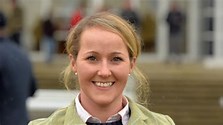
Newmarket trainer Amy Murphy (above), who took out a trainer’s licence in 2016, is a graduate of one such Hartpury course.
A shorter length graduate scheme is the BHA’s own graduate programme, that has over 25 years produced leaders like Goodwood’s Adam Waterworth (below left), Salisbury Managing Director Jeremy Martin (below right) and former Newmarket CEO, now Chair of the IJF, Lisa Hancock. The 10 week placement inserts graduates into management positions in every sort of racing business and a leg-up into mainstream graduate employment in the business.
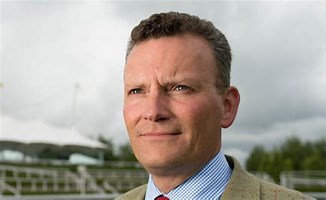

Graduate schemes
And what of Graduate schemes beyond university?
The leading exponent of this is the Godolphin Flying Start scheme, a 2 year placement in Godolphin racing enterprises across 3 continents, including spells in England and Ireland, the USA, Australia and Dubai. Each of the 12 students selected every year speaks warmly of the knowledge base they acquired across the full dimension of racing, and the invaluable book of contacts made. This equivalent of a Masters degree, applying practical, technical and academic projects is a well-regarded platform to middle management positions in the world of bloodstock. Entry competition is stiff, and entrants are accepted from every continent, so a full-blooded preparation is required!
However, the world of academia still offers more. Liverpool University’s unique Thoroughbred Horseracing Industries MBA is the only Masters-level qualification in the world to be delivered through an exclusive partnership with the British Horseracing Authority, the Horserace Betting Levy Board and The Racing Foundation. The programme supports both those working in the horse racing and associated industries, and prospective career-changers, to develop their management and leadership skills. It is delivered through a combination of face-to-face and online teaching, which allows participants to remain in full-time employment. Jonathan Mullin, now part of the senior management team at Ripon, is a most recent exponent of the scheme. Julian Thick, now Managing Director at Newbury, was an early exponent of the MBA process, working under his own initiative to earn an MBA before a bespoke racing course was created.
So, in a world where further education is both the norm, and now expected even for the most basic of roles, those seeking to win credentials in the world of racing are faced with a wide array of choice. The reality, however, remains, that senior management positions within the sport are hard to come by, and specialist skill sets required for niche tasks continue to be recruited from outside the sport.
Equipping oneself to compete on better terms than outsiders is a key eligibility criterion for ambitious youngsters looking to grow a sustainable career in the sport we all love.
Event details
Buy your tickets nowOur Sponsors

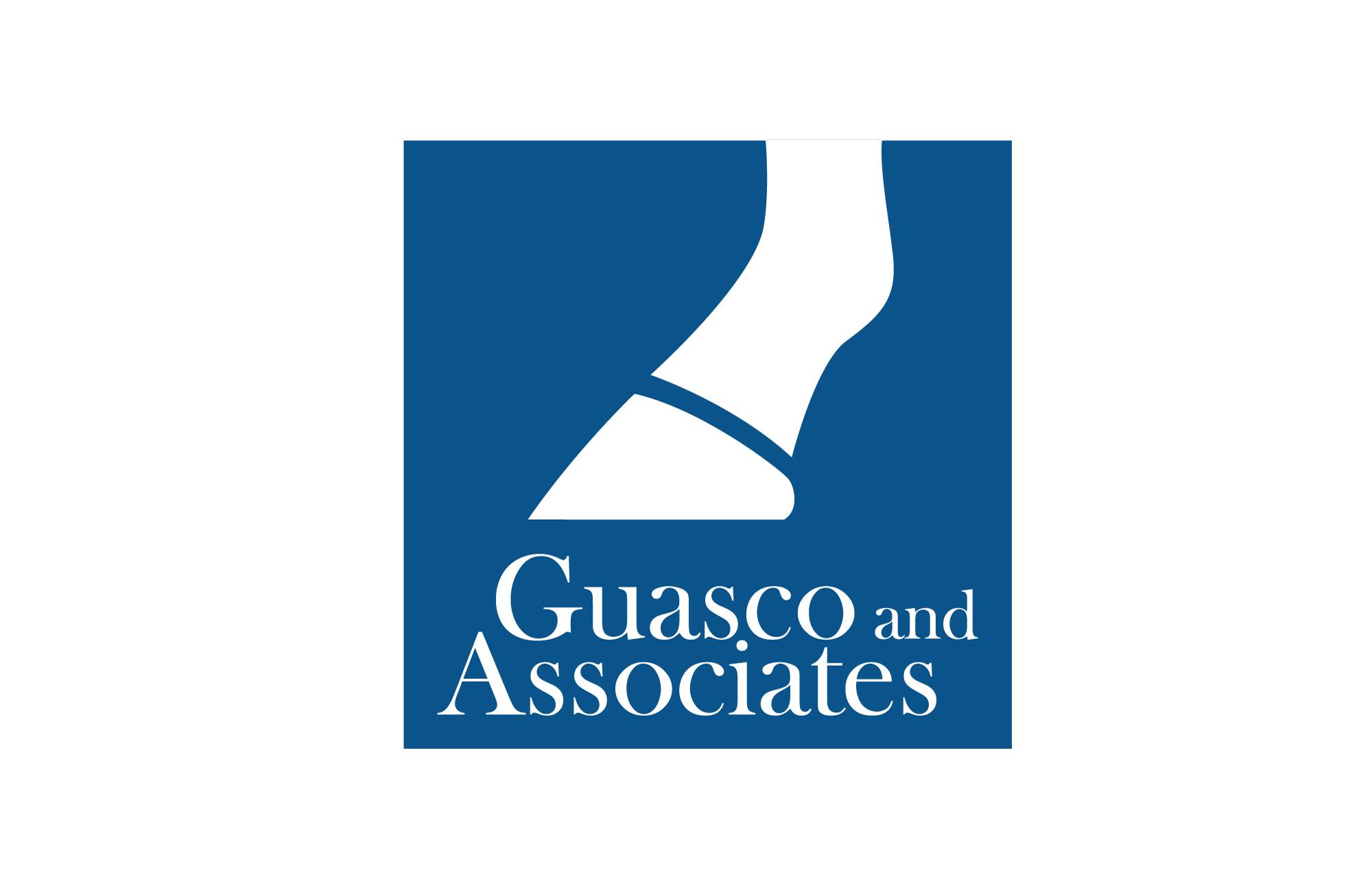

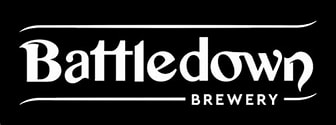

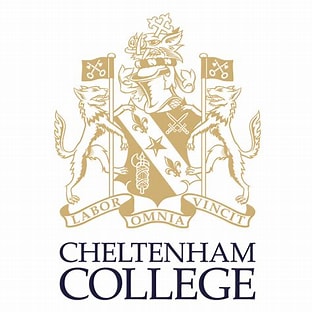


.png)









